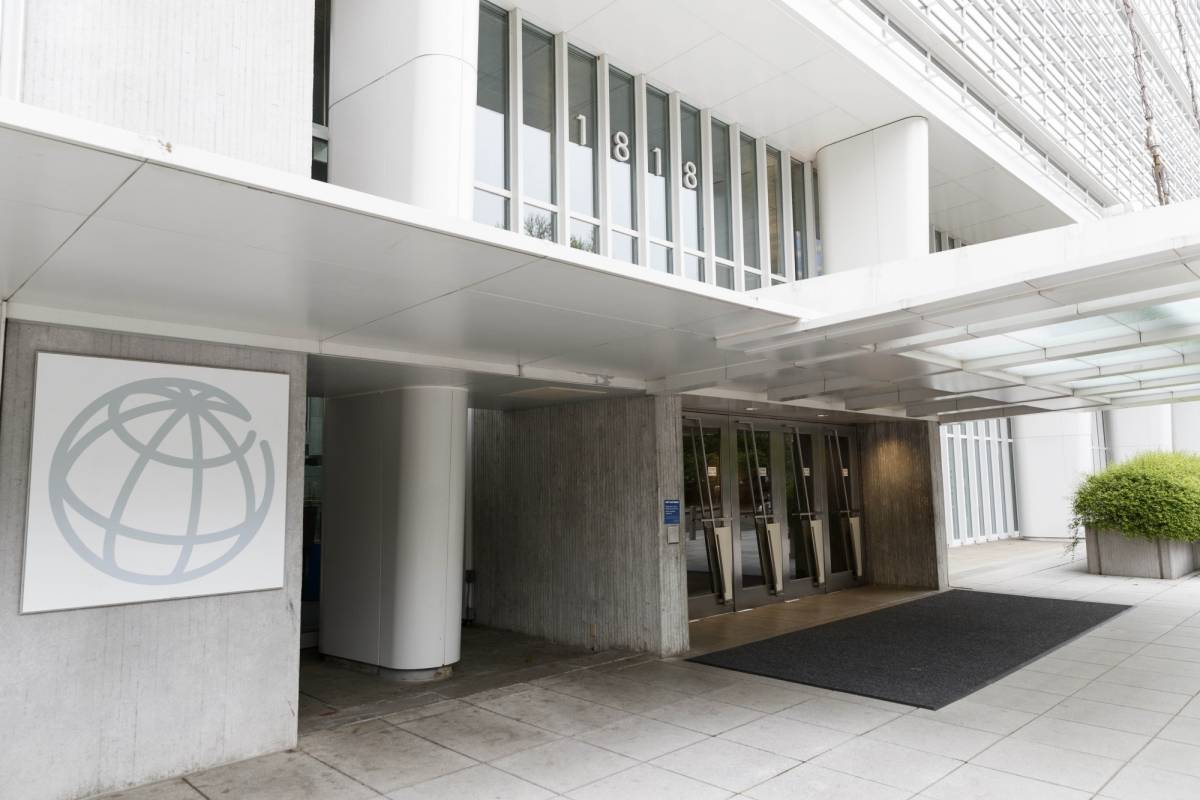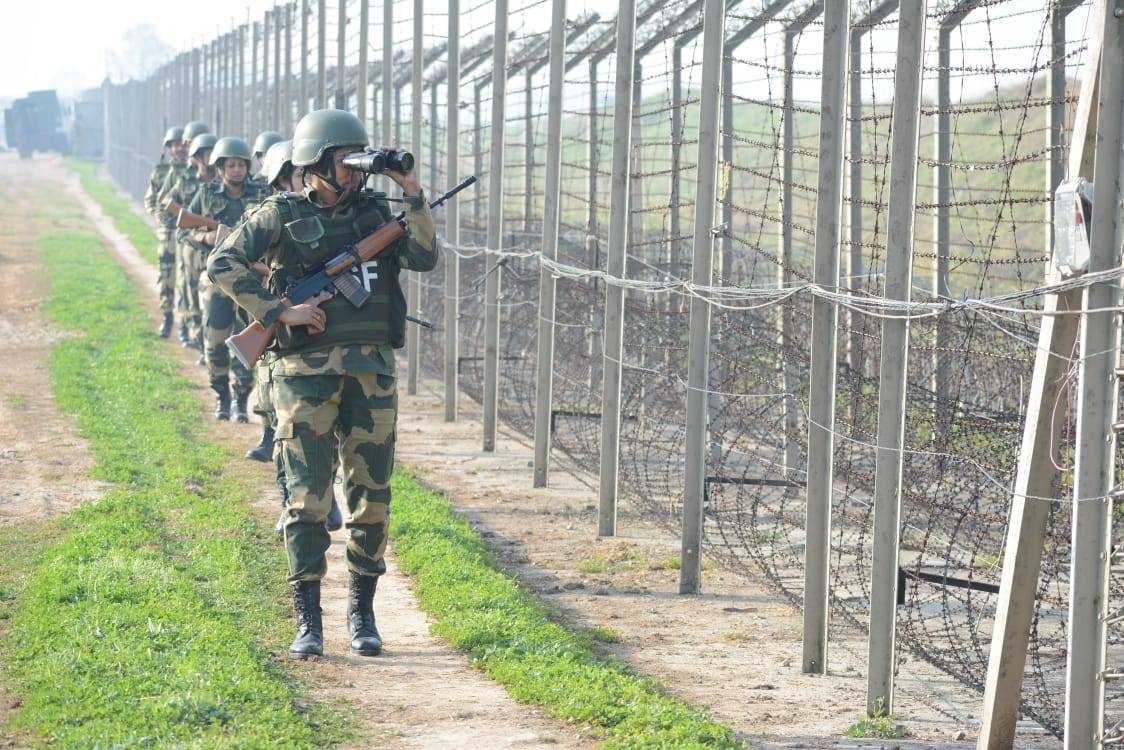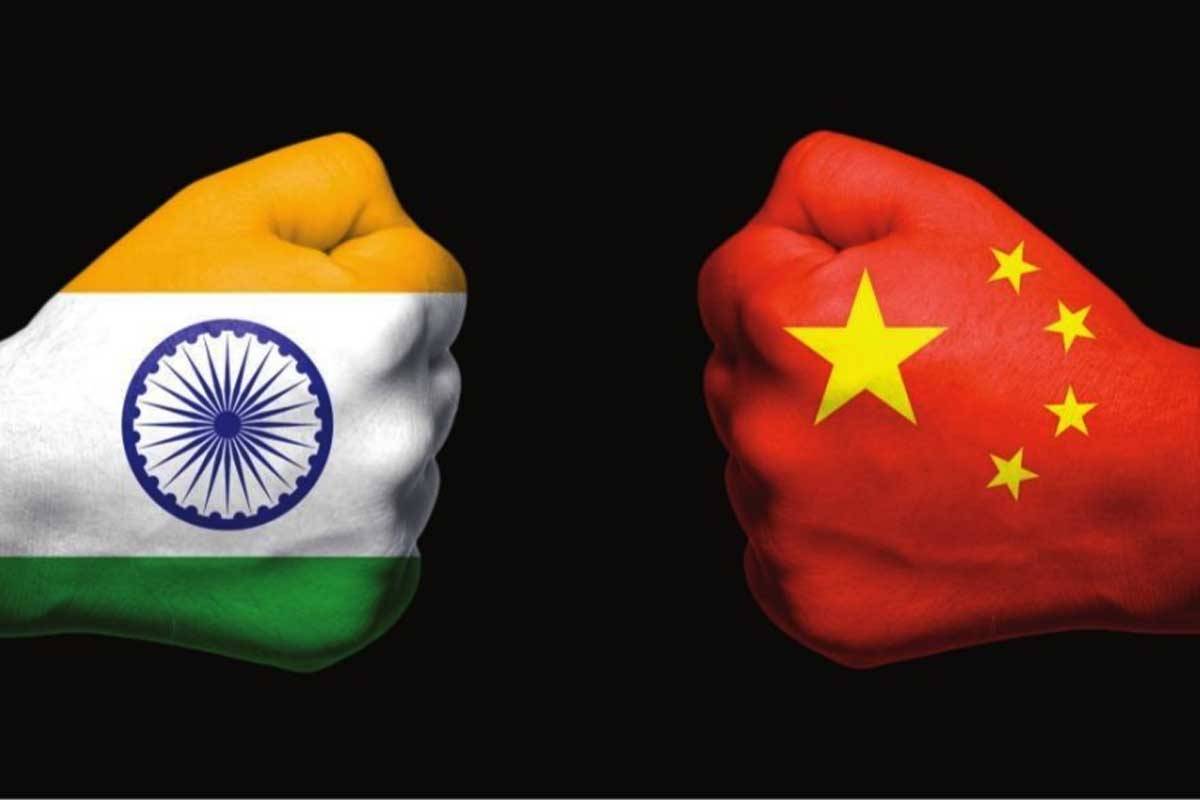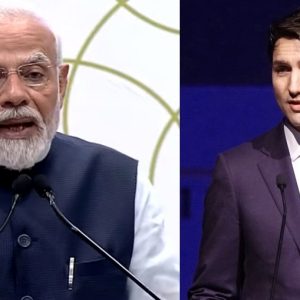China’s growth rate is projected to come down to 5.4 per cent next year and 5.3 per cent in 2023. Last year, it grew by 2.3 per cent…reports Arul Louis
India’s economy is expected to grow by 8.3 per cent this fiscal year, according to the World Bank, making it the second-fastest-growing major economy.
The Bank’s Regional Economic Update released on Thursday said that after the “deadly second wave” of Covid-19 in India “the pace of vaccination, which is increasing, will determine economic prospects this year and beyond”.
“The trajectory of the pandemic will cloud the outlook in the near-term until herd immunity is achieved,” it cautioned.
According to the Update issued ahead of the Bank’s annual meeting next week, India’ gross domestic product (GDP) — which shrank by 7.3 per cent (that is, a minus 7.3 per cent) under the onslaught of the pandemic last fiscal year — is expected to record the 8.3 per cent growth this fiscal year, which will moderate to 7.5 per cent next year and 6.5 per cent in 2023-24.
Of the major economies, China is ahead with its economy expected to grow by 8.5 per cent during the current calendar year after the Bank revised it upwards from the 8.1 per cent projection in April.

China’s growth rate is projected to come down to 5.4 per cent next year and 5.3 per cent in 2023. Last year, it grew by 2.3 per cent.
For the entire South Asia region, the Bank’s Update estimates the GDP growth to be 7.1 per cent this year and the next.
Maldives’ tiny economy of $3.8 billion, which had the steepest fall of 33.6 per cent last calendar year is expected to recover and record a growth of 22.3 per cent this year. Next year it is expected come down to 11 per cent and 12 per cent in 2023.
Bangladesh, which recorded a growth of 5 per cent last fiscal year, is expected to grow by 6.4 per cent this year and 6.9 per cent the next.
Pakistan’s economy that grew by 3.5 last fiscal year, is expected to grow by 3.4 per cent this year and 4 per cent next year.
For Sri Lanka, the Bank expects a growth of 3.3 per cent this calendar year compared to a shrinkage of 3.6 per cent last year and to grow by 2.1per cent next year and 2.2 per cent the following year.
Bhutan, which had a negative growth of 1.2 per cent the last fiscal year, is expected to reach 3.6 per cent this fiscal year and 4.3 per cent the next.
Nepal’s growth is expected to rebound from last fiscal year’s 1.8 per cent to 3.9 per cent this fiscal year and 4.7 per cent the next.
The Bank said, “The Covid-19 pandemic led India’s economy into a deep contraction in FY21(fiscal year 2020-21) despite well-crafted fiscal and monetary policy support.”
It said that growth recovered in the second half of the last fiscal year “driven primarily by investment and supported by an unlocking’ of the economy and targeted fiscal, monetary and regulatory measures. Manufacturing and construction growth recovered steadily.”
Although significantly more lives were lost during the second wave of the epidemic this year in India, compared to the first wave in 2020, “economic disruption was limited since restrictions were localised,” with the GDP growing by 20.1 per cent in the first quarter of the current fiscal year compared to the first quarter of 2020-21, the update said.

It attributed the spurt to “a significant base effect” (that is, coming off a very big fall in the compared quarter), “strong export growth and limited damage to domestic demand.”
Looking ahead, the Bank’s Update said that “successful implementation of agriculture and labour reforms would boost medium-term growth” while cautioning that “weakened household and firm balance sheets may constrain it.”
“The Production-Linked Incentives scheme to boost manufacturing, and a planned increase in public investment, should support domestic demand,” it said.
The extent of recovery during the current fiscal year “will depend on how quickly household incomes recover and activity in the informal sector and smaller firms normalises.”
Among the risks, it listed “worsening of financial sector stress, higher-than-expected inflation constraining monetary-policy support, and a slowdown in vaccination.”

Taking stock of the pandemic’s effects, the Bank said, “The toll of the crisis has not been equal, and the recovery so far is uneven, leaving behind the most vulnerable sections of the society – low-skilled, women, self-employed and small firms.”
But it said that the Indian government has taken steps to strengthen social safety nets and ease structural supply constraints through agricultural and labour reforms deal with the inequality.
It said that the government continued investing in health programs “have started to address the weaknesses in health infrastructure and social safety nets (especially in the urban areas and the informal sector) exposed by the pandemic.”
ALSO READ-‘Restarting Afghan economy need of the hour’
READ MORE-PM vows ‘long overdue’ revamp of UK’s post-Brexit economy














